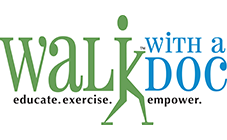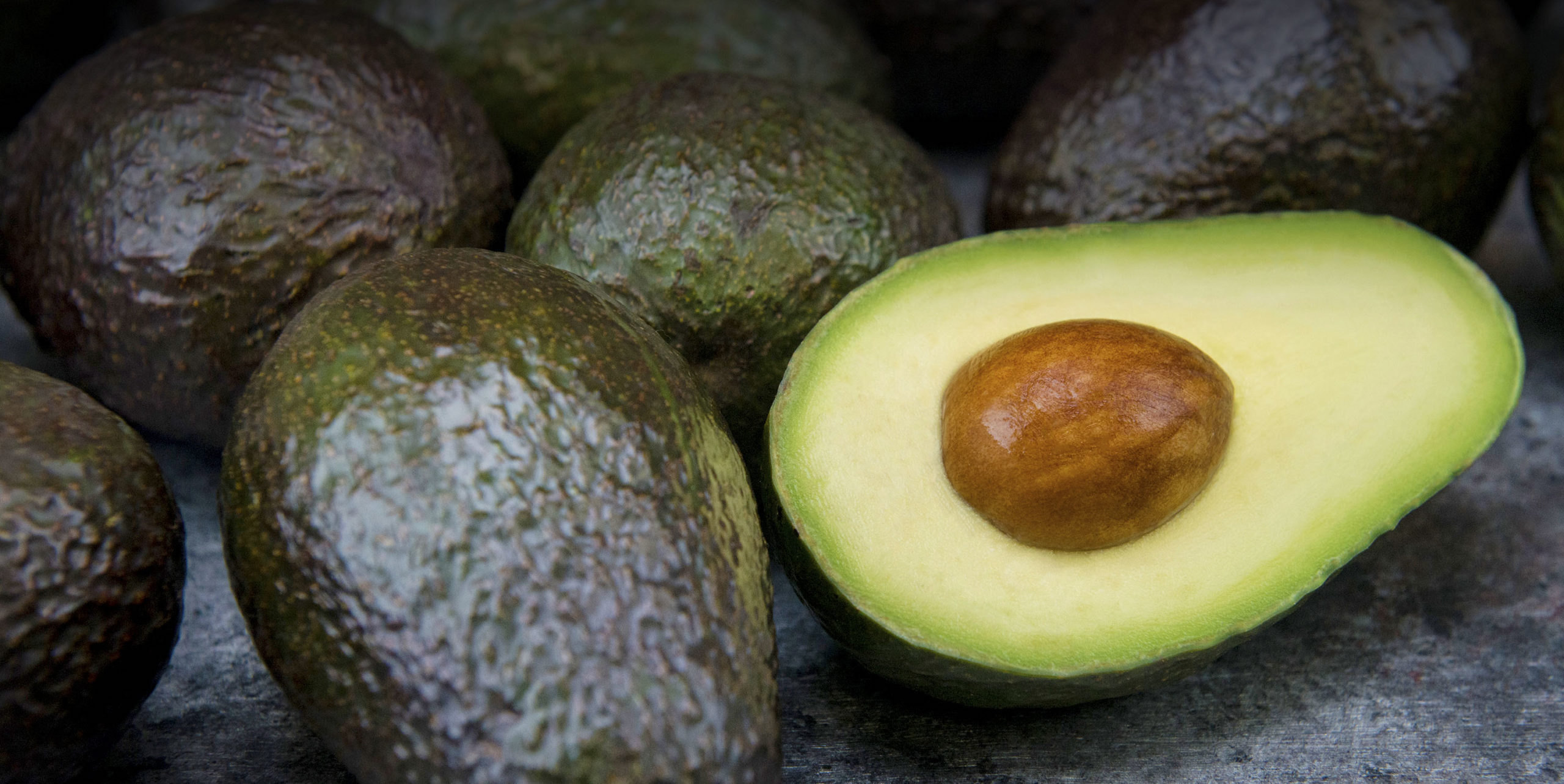Dear Walk Family,
Thank you for allowing us to spend a few minutes together this Friday morning.
The team and I recently returned from the American College of Lifestyle Medicine’s annual conference in Orlando, Florida. It was so cool to meet / reconnect with like-minded professionals on hot topics around lifestyle medicine such as social prescribing, stress management, and plant-based diets. While there, I also had the opportunity to present at a session with Avocados – Love One Today® to talk about the importance of dietary fat in heart health. As this topic is something that I’ve had to navigate with my patients, I wanted to share it with you all as well.
So, without further ado – let’s talk about dietary fat!
Over the years, you’ve probably heard a variety of changing recommendations, misconceptions, and myths around fat – to eat or not to eat, right? Well, I’m here to say yes and there’s just a little more to it.
There are three different types of dietary fat: (1) unsaturated fats (monounsaturated and polyunsaturated) which are found in foods like avocado, fish, nuts, and olive oil; (2) saturated fats which you’ll see in animal-based foods like meat and dairy; and (3) trans fats which can be found in packaged baked goods and snacks. However, not all types of fats are created equal.
The 2020-2025 Dietary Guidelines for Americans as well as the American Heart Association recommend consuming unsaturated fats in place of saturated fats. Unsaturated fats, or “good” fats, help support healthy cholesterol levels and may reduce the risk of heart disease when eaten instead of saturated fats.
While there are a lot of ways to increase your intake of unsaturated fat, adding avocado is one of my favorite ways to get what I need (and want). Did you know that they are one of the only fruits that contain monounsaturated fat (5 grams per 1/3 of a medium avocado)? Avocado toast = win, win, win!
It’s not just me. A study published by Harvard researchers found that eating one or more avocados weekly was associated with reduced risk for cardiovascular diseases in a large prospective study. Researchers followed 110,487 participants for 30 years while collecting dietary intake with food frequency questionnaires every four years. The data models were adjusted for cardiovascular risk factors and diet quality. Results found that replacing half a serving/day of margarine, butter, egg, yogurt, cheese, or processed meats with the equivalent amount of avocado was associated with a 16% to 22% lower risk of cardiovascular disease. Of course, let’s not forget that with all research we always need to consider the limitations. The study design does not show a direct cause and effect. The research was limited to self-reported dietary collection and participants were mostly white nurses and healthcare professionals. Yet, these research results further support avocados as a heart-healthy fruit.
So now that you’ve learned a little bit more about the benefits of unsaturated fat – how can you add it to your plate? Olive tapenade (spread) – so delicious to put on crackers or veggies, almond butter – on anything and everything, chia seeds (have you read Born to Run?) or walnuts on hot oatmeal. Here’s a quick shopping list below for more inspiration.
Unsaturated Fat Shopping Guide:
- Avocados
- Nuts (walnuts, almonds, pistachios, etc)
- Nut butters
- Oils (olive, avocado, sesame, flax, chia, etc)
- Fatty fish (salmon, mackerel, cod, etc)
- Seeds (pumpkin, flax, chia, etc)
Make sure to add a few of these foods to your next grocery list and try out some new recipes that incorporate our newfound friend – unsaturated fat. Happy shopping! Give me a call – I have this weird thing where I love to go grocery shopping. It’s genetic.
David
We’d like to say thank you to partner, Avocados – Love One Today as we work together to inspire and support those in their journey to better heart health. Love One Today is a leading source of the healthiest reasons and tastiest ways to enjoy fresh avocado.
Stay Hungry. Stay Foolish.
– David

About Walk with a Doc:
As an international non-profit organization, Walk with a Doc is committed to inspiring communities through movement and conversation with walking groups led by local doctors, healthcare providers, or medical students.
Started in 2005 by Dr. David Sabgir, a cardiologist in Columbus, Ohio, the program now extends to hundreds of throughout the world. The walks are a fun, free, and safe place to get physical activity, learn tips for healthy living, and meet new people.
Learn more at www.walkwithadoc.org


